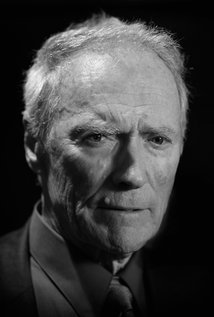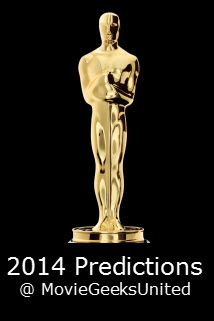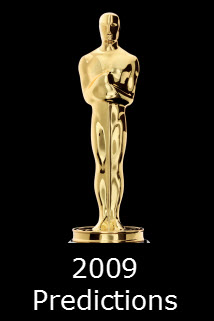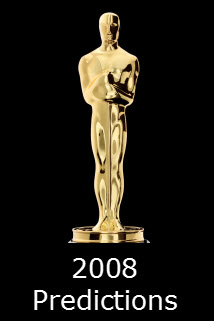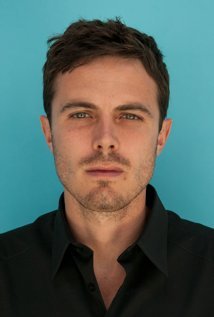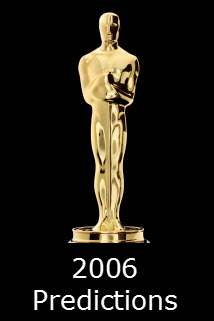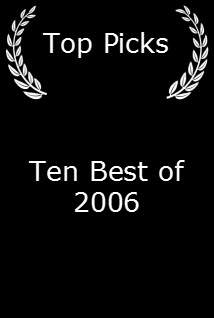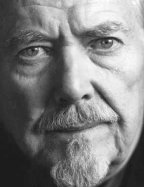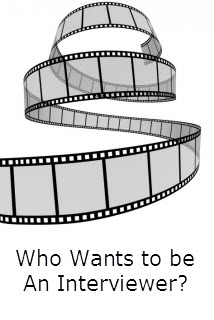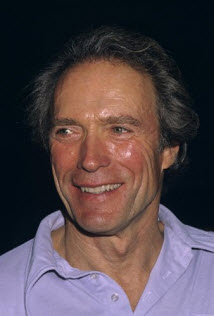Sully (2016)


Content by Tony Macklin. Originally published on September 14, 2016 @ tonymacklin.net.
Sully is director Clint Eastwood's ode to competence. Above and beyond competence.
Sully is a film made by a pro's pro about a pro's pro.
Based on an actual event and its aftermath in 2009, Sully is the tale of pilot Chesley Sullenberger (Tom Hanks) and his water landing of a US Airways plane on the Hudson River, with all crew and passengers surviving the iconic event.
It also focuses Sully's trying to cope with a constant bombardment of attention and celebrity, which in the film made him extremely uncomfortable. In actuality Sullenberger seemed much more comfortable in the limelight.
The film features the National Transportation Safety Board's aggressiveness toward Sully when they severely question his judgment. In the film they are extremely adversarial. They become the villains. Their "evidence" shows Sully should have returned to land at LaGuardia or Teterboro Airport in New Jersey. Sullenberger adamantly disagrees, but the evidence is against him. Somehow he needs to prove himself and his actions.
Eastwood has not been at his strongest when he directed films about some real-life people. J. Edgar (2011), about Hoover, and Invictus (2009), about Nelson Mandela, are not among his best films. But he did an admirable job in his treatment of Chris Kyle in American Sniper (2014).
Sully seems in Clint's wheelhouse. If he were younger, one can imagine Clint playing Sullenberger.
Sully is well-grounded in Clint's themes. It has strong anti-authority and no-nonsense qualities. One of Clint's lesser known - but basic - qualities is his films have a definite emphasis on the psychological. The first film he directed was Play Misty for Me (1971), and you can sense psychological stress on his characters through his many films. The psychological approach made Unforgiven (1992) a classic.
Although the psychological emphasis is crucial to Eastwood's films, it does not always have depth. In Sully much of the psychological is glancing.
One of the hallmarks of Clint's career is that he likes to surprise. That may be something he learned from his mentor Don Siegel, who had Eastwood's character die in The Beguiled (1971), another film steeped in the psychological.
Eastwood surprised us by directing and starring in The Bridges of Madison County (1995) with Meryl Streep. Eastwood and Streep. In what universe?
He surprised us by showing the Japanese point of view in Letters from Iwo Jima (2006). He made a film about gay culture in Savannah in Midnight in the Garden of Good and Evil (1997). And he directed and starred in a film about boxing - female boxing, Million Dollar Baby (2004).
At times his surprises flop. When he directed Jersey Boys (2014), it was a surprise. But not a successful surprise.
For years he planned to do a remake of A Star is Born with Beyonce. But eventually Beyonce dropped out. It's a surprise that may be fortunate not to have turned out for Clint. Now Bradley Cooper is set to direct A Star is Born, starring himself and Lady Gaga. Bradley missed the remake of Ben Hur (2016).
The surprise that Clint offers in Sully is that it is only 96 minutes in length. In this era of over-indulgent action films, that's a surprise. A welcome surprise.
The performances in Sully are artful. Hanks is as good as the character could be, given the writing. Sully is well-written by Todd Komarnicki - a producer turned writer - from a book by Sullenberger and Jeffrey Zaslow, but it's on the skimpy side. Sully is a feel-good film, but it's nearly impossible to imagine a plane full of passengers from New York being so well-behaved.
Aaron Eckhart is solid as Jeff Skiles the loyal first officer. And Laura Linney, who played Clint's daughter and was directed by him in Absolute Power (1997), is acceptable as Sully's wife. Mike O'Malley has a glare of skeptical antagonism as an NTSB honcho.
Clint, of course, uses his patented tinkling piano throughout. He's second only to the composer of "Chopsticks." There's tinkling in a taxi-cab, tinkling when Sully is alone in his hotel room, tinkling when Sully and Jeff chat, a whole lot of tinkling when Sully and his wife talk on the phone, and tinkling even when the ferry rescues passengers. The music tinkles galore.
However, when Sully runs, the music croons.
The music is credited to Christian Jacob and Tierney Sutton Band, and Clint is a co-composer. There's a sappy song with lyrics at the end. Fortunately most of the audience will have left by then.
Also at the end is footage of a gathering of some of the actual passengers and crew of the flight in a storage facility with the actual fuselage and wings. It's a nice touch.
But the ending of the film itself is lackluster. Because much of the footage has been already shown, there's a sense of redundancy. Blu Murray is now editor. He has been an assistant editor on ten Eastwood films, and has been promoted in Sully. A major shortcoming is Clint's decision to repeat scenes.
The ending is anti-climactic. The biggest problem with Sully is it dissipates its impact. Since it takes place at a NTSB hearing with a lot of people sitting around tables, it doesn't have the punch it might have.
It isn't, "'Do you feel lucky?' Well, do ya, punk?"
It's more, "Do you feel ok?"
Where's Dirty Sully, when we need him?


